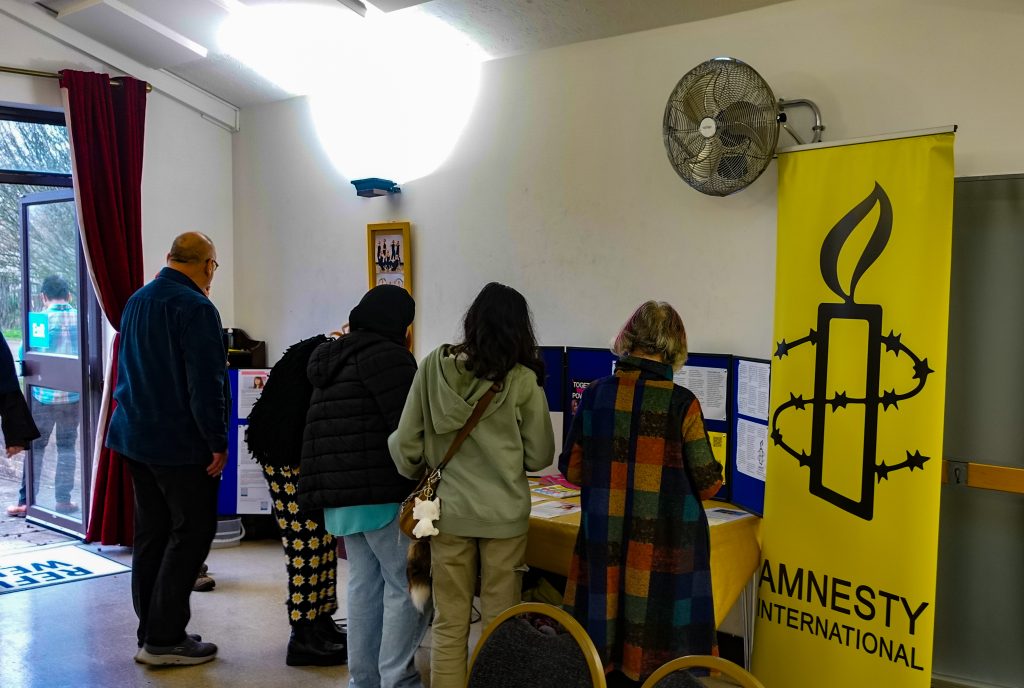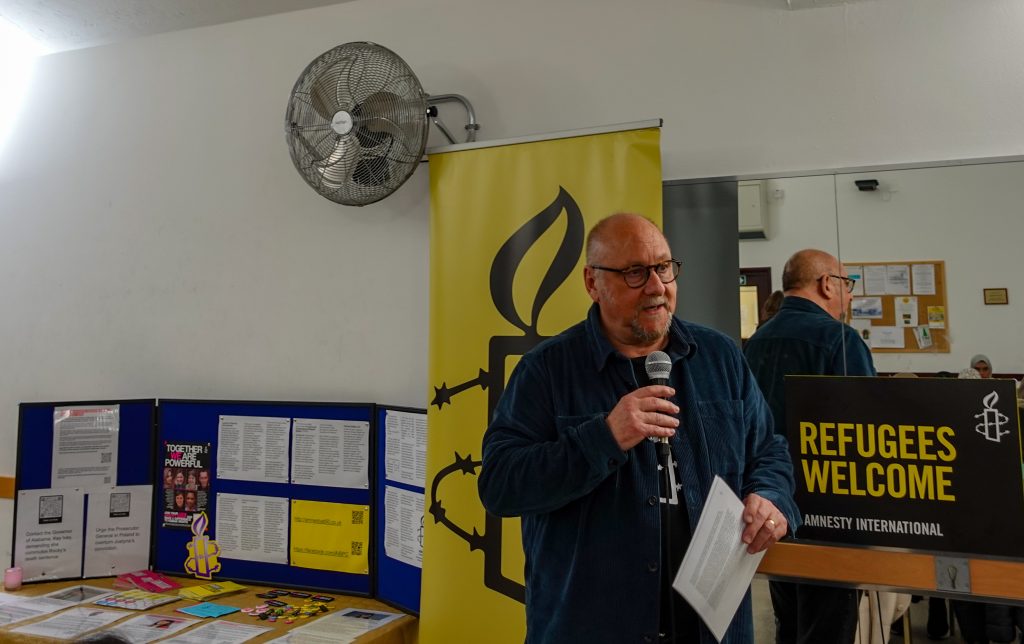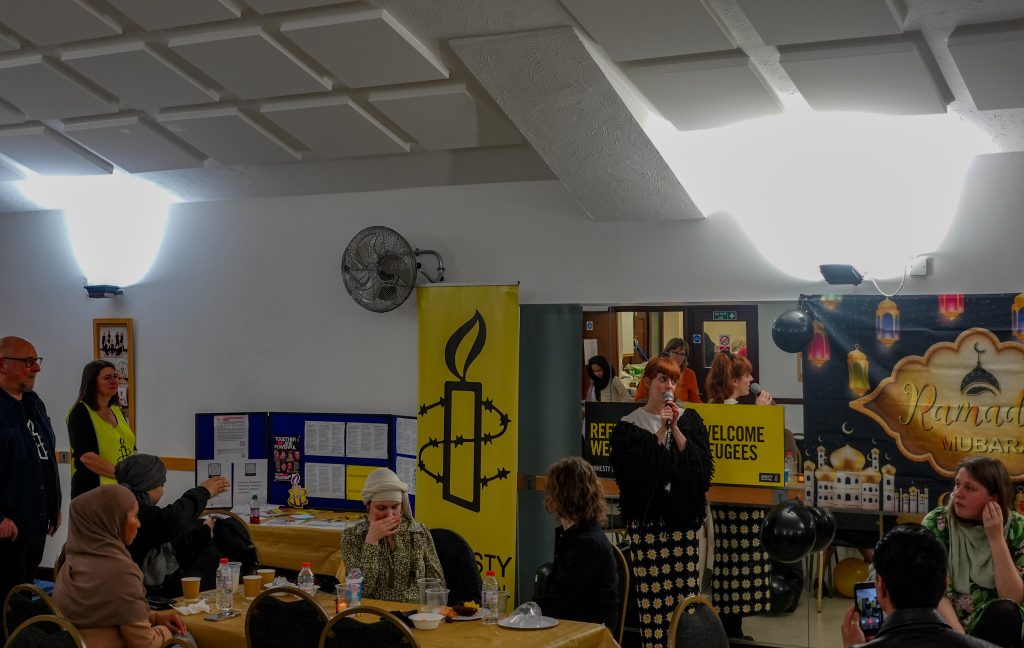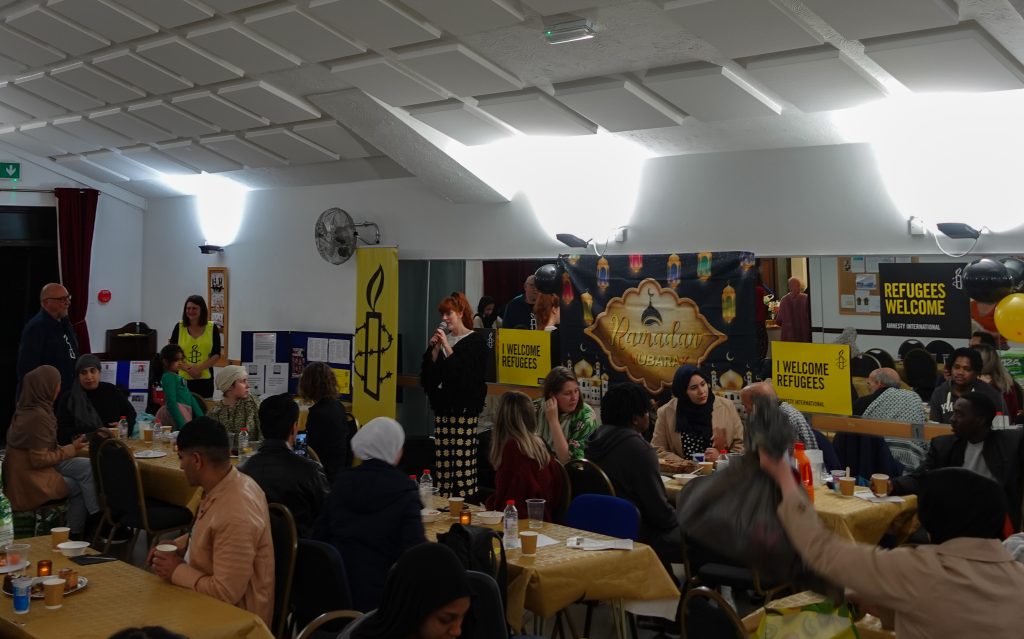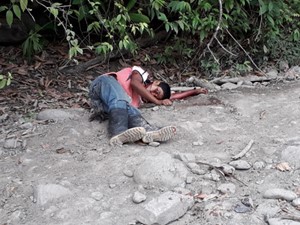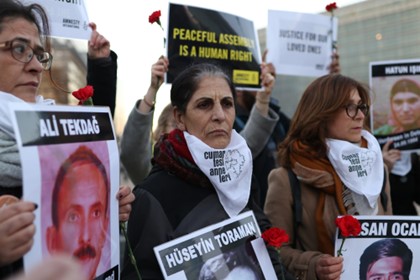This month we bring you news from Venezuela, Colombia, Brazil, Argentina, Chile, an Urgent Action on Ecuador and summaries of Amnesty’s annual reports on all the countries that we cover. Highlights are:
- Colombia – A short Amnesty film showing the devastating impact of a “less than lethal” weapon on Leidy Cadena in the April 2021 National Strike in Colombia. Please write to President Petro and Defence Minister Velásquez demanding police reform now.
- Colombia – A call by the San José de Apartadó Peace Community for support from the international community. Please write to President Petro demanding protection for them
- Venezuela – An Amnesty public statement on the relentless persecution of civil society and dissidents – translation attached, please share.
- Ecuador – An Urgent Action calling for access to food and medication to be restored to detainees in five prisons.
- Brazil – An Amnesty report to the UN raising concerns of gender-based violence against Black women and other women of African descent.
- Chile – An update on efforts to secure justice for those killed and maimed during the 2019 protests, including Gustavo Gatica
- Argentina – protests against proposed budget cuts to public education
COLOMBIA
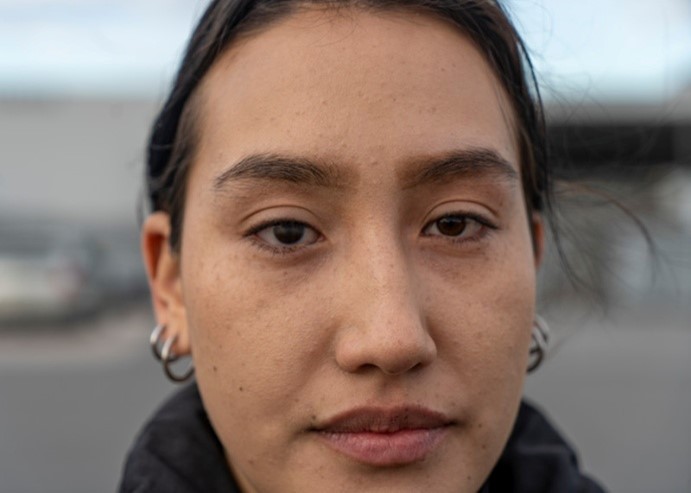
Amnesty has published its Annual Report on Colombia detailing human rights abuses. These include huge numbers of people being forcibly displaced, the high risk of indigenous, Afro-descendant and peasant communities, femicide, violence against LGBTI people, attacks against human rights defenders and lack of protection for Venezuelan refugees. The government failed to implement comprehensive police reform. Progress was made on the use of force during demonstrations, measures to protect human rights defenders and on investigating war crimes
Amnesty issues a short film showing the devastating impact of a less than lethal weapon on Leidy Cadena in the April 2021 National Strike in Colombia. Please write to President Petro and Defence Minister Velásquez demanding police reform now. During the National Strike, at least 84 people lost their lives, thousands were arbitrarily detained and more than 100 people sustained eye trauma. Amnesty has denounced torture, gender-based violence, sexual violence and excessive use of force in the context of the 2021 National Strike, attacks on Indigenous peoples and torture of the civilian population.
Colombia is included in Amnesty’s new report on abortion rights in the Americas. “In Colombia, we’ve seen harassment, slander, and insults levelled against those who provide abortions, who are often ostracized at work. We always have to constantly be wary because the threats never stop”, explained Dr. Gil. “For example, they slashed one of my friend’s car tires. They glued shut a different colleague’s padlock so she couldn’t open her locker. When a friend who is a psychiatrist stood up for a patient who was asking to terminate her pregnancy… one of her colleagues hit her with a folder.”
The Peace Community of San José de Apartadó says that a leading paramilitary with the alias Mateo told an audience of civilians, “We know that this community has the habit of murdering its own members, blaming us, and then demanding reparations from the victims,” calling on them to “unite against the peace community.” The meeting was hosted by the Board Chair of Community Action of a neighbouring community. The Peace Community calls on support from the international community. Please write to President Petro demanding protection for them, sending copies to Roy Barreras, Colombian Ambassador 3 Hans Crescent, London SW1X 0LN elondres@cancilleria.gov.co
The Supreme Court has elected criminal law attorney Luz Adriana Camargo Garzón as the country’s new Attorney General. She is seen as willing to carry through prosecutions that were impeded by her predecessor. She was head of the investigation and litigation department at the UN International Commission against Impunity in Guatemala, and a consultant for the Inter-American Commission on Human Rights in the Office of the Special Rapporteur for Freedom of Expression.
The Guardian reports on how Colombia’s deforestation of the Amazon has surged, following a sharp reduction thanks to President Petro’s peace negotiations with dissident FARC rebels who banned deforestation. However, as peace negotiations flounder, this armed force has returned to allowing deforestation as a bargaining chip with the government. [Read more…]

